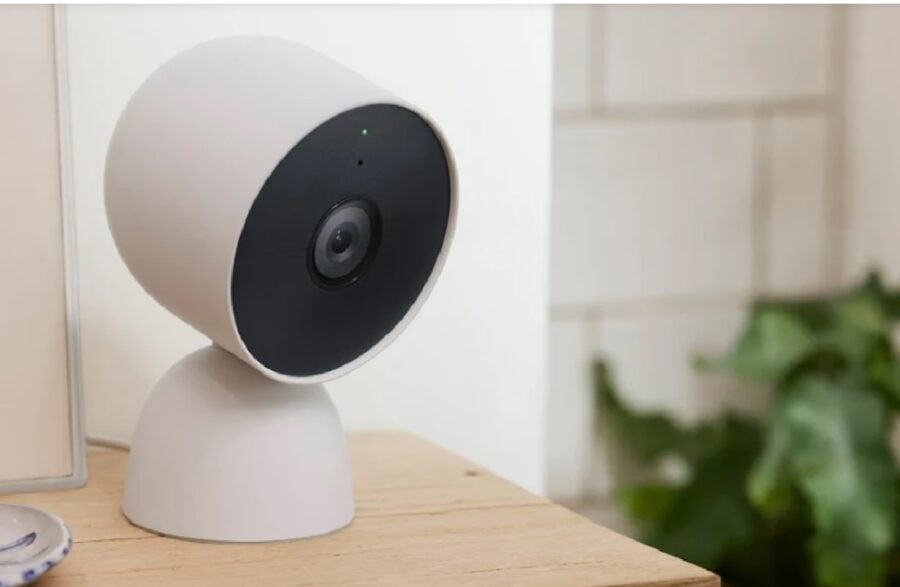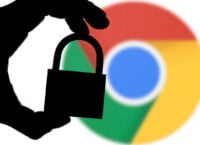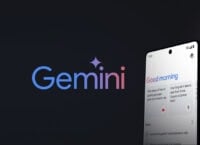Google reserves the right to hand over Nest-branded CCTV and video call recordings to the police. In an emergency, information can be disclosed to law enforcement officers, even if they do not have a warrant, subpoena or other legal decision that forces them to do so.
“If we reasonably believe that we can prevent someone from dying or from suffering serious physical harm, we may provide information to a government agency — for example, in the case of bomb threats, school shootings, kidnappings, suicide prevention, and missing persons cases,” goes in Google Terms and Conditions.
The company says it will notify users when it receives a request from authorities for their information. However, in some cases, Google may not do this. For example, when it is legally prohibited by the terms of the request or the situation is too critical.
“And we might not give notice in the case of emergencies, such as threats to a child’s safety or threats to someone’s life, in which case we’ll provide notice if we learn that the emergency has passed,” the terms state.
In an interview with CNET, Nest representative says that so far the company has never provided any user data to the police. It is not obliged, but it can do it.
“If there is an ongoing emergency where getting Nest data would be critical to addressing the problem, we are, per the TOS, allowed to send that data to authorities,” the spokesperson of the company said.
Amazon’s other well-known smart doorbell brand, Ring, can also transmit data without a warrant or user consent. Unlike Google, it has already provided data to the police in 11 cases in 2022.
“In each instance, Ring made a good-faith determination that there was an imminent danger of death or serious physical injury to a person requiring disclosure of information without delay,” said Amazon’s vice president of public affairs. politician Brian Huesman.
While Google and Amazon prefer to share data with the police, most other smart home camera manufacturers do not. Arlo and Wyze do not share data without a warrant or other legal document. Apple uses end-to-end encryption for HomeKit Secure Video so that even the company can’t access its users’ recordings.





Loading comments …